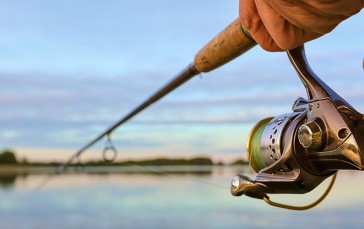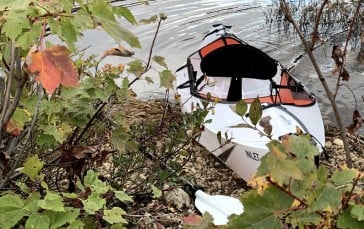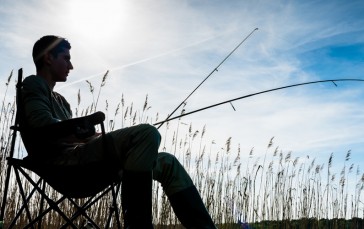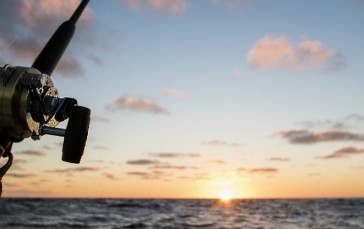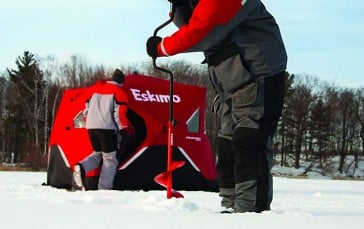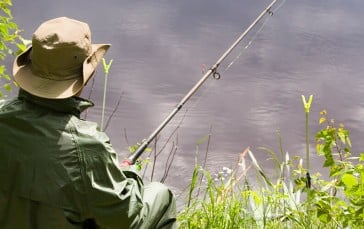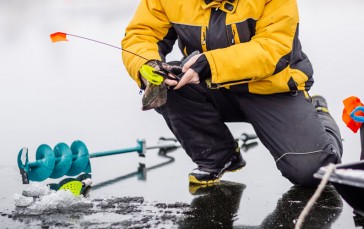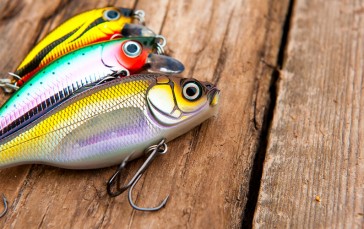Become A Better Angler
When you first get hooked on fishing (no pun intended), you’ll appreciate the sport for the tranquillity it brings and the fulfillment you feel with each catch. As your passion for angling grows, however, you may find an urge to progress and what was once an idle pastime will become an adrenaline-pumping challenge.
The following 10 fishing tips will give you just the guidance that you need to become a better angler. The advice will steer you in the right direction so that you not only improve on the skills that you have but you will also gain new ones. This way you will be equipped to catch more fish (and the different types of species). You will also develop the insight required to prove to yourself that you’ve got what it takes to excel in a sport that’s become more than just a basic hobby.
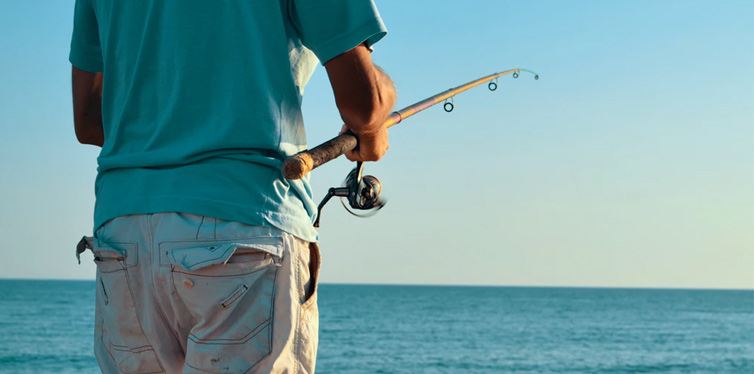
1. Find A Good Mentor
Fishing solo has its perks but if you want to learn new tricks of the trade, then you will need someone who can teach you. Start hanging around with seasoned anglers and you will soon brush up on newly acquired fishing skills.
If you are short on buddies who share your love for the sport, then a solution is to join a fishing club. Ask the staff at your local tackle shop if they know about any clubs in your area. If they have no recommendations, then they might still know of a fishing veteran who they could put you in touch with – someone who would be keen to play the role of mentor.
2. Be Prepared To Put In The Effort
Fishing basics are easy to grasp but if you plan on becoming a professional angler, then more effort will be required. From investing in better rods and specialized tackle to making time in your schedule to fish when the conditions are ideal, a knowledgeable fisherman is one who shows dedication.
Remember, every time you aren’t actively fishing while on the water, you are actively not going to catch fish. Being a better angler can be as simple as presenting more lures to more fish.
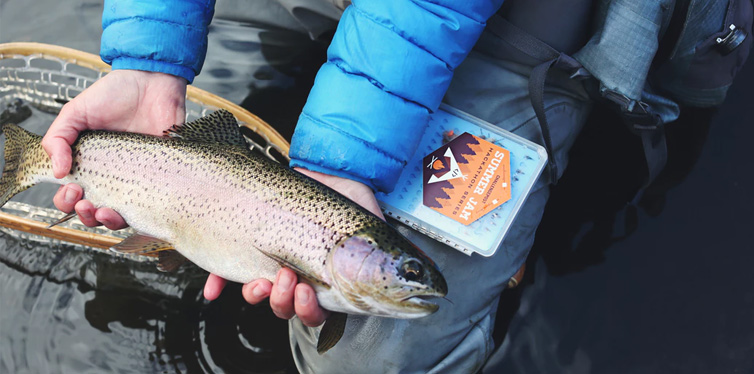
3. Know When To Fish
While there is nothing wrong with heading out onto the water during the afternoon, you may be missing out on peak fishing times that could better your chances of reeling in successful catches.
We suggest that you research the type of fish you would like to catch or the species you have in your area. This research should indicate what time of day the fish swim to the surface in search of food. As a rule of thumb, however, the perfect time for fishing is usually always at sunrise, sunset, moonrise, and moonset.
4. Confidence Is Key
Confidence and a positive outlook are not only necessary to secure a catch but it’s this type of attitude that will keep you inspired. If you don’t believe that every cast is going to catch a fish, then you might as well head on home. One of the many facets of fishing is to have the constant mindset of “this is it”.
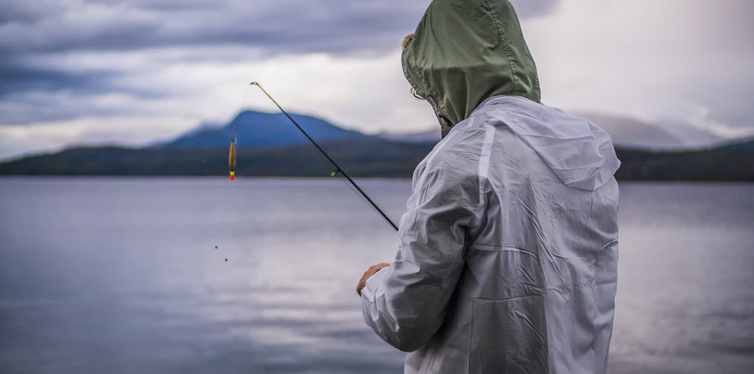
5. Make Sure You Have Enough Energy
Contrary to what some might believe, fishing is an active sport that requires a good amount of physical energy. This means that to raise your game, you need to make sure that you have enough stamina. You need to be ready to react and strike quickly when an opportunity arises and you may want to work on your technique to ensure that every cast is accurate.
When your tempo is up, then everything else keeps moving and when you’re on a high-energy role, you’re more likely to be prepared for hours of angling – these hours create endless learning opportunities.
6. Stay Organized
From keeping your tackle box well-stocked and in order to knowing where, when, and for how long the fish will be in your favorite spot, it helps to be organized.
When you are organized, then you are better prepared. You will know exactly what to do if the wind picks up or if a storm starts to brew. Your line, rods, reels, and lures will always be in excellent condition and you will be ready to expect the unexpected. This level of organization is the key to being adaptable and finding the fish – making you a better angler as a result.
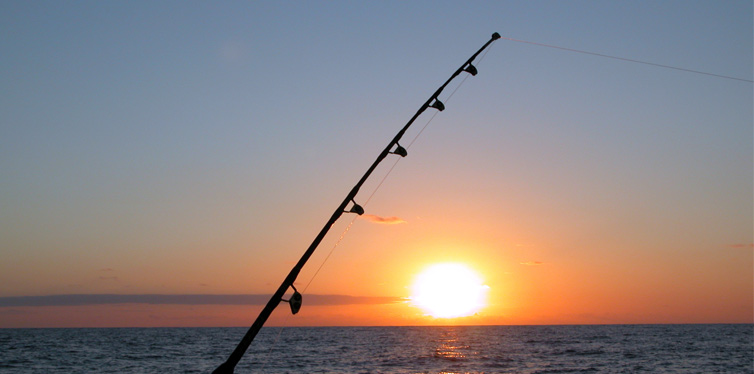
7. Keep A Journal
For some, this might sound like a drag. Why would you want to keep a journal while all you want to do is cast your line?
OK, so, we’re not suggesting you write a book about your life, we are simply saying that keeping a good record of each fishing outing will help you to study the techniques you use and you might just be able to pinpoint the best conditions for catching the type of fish you’re after.
For example, if you write down the weather conditions, water temperature, type of lures used, and depth, as well as any other pertinent information – you will be likely to catch more fish when those conditions are repeated – because you will be more readily prepared.
8. Make Sure You Have A Passion For Fish
Some might say that passion is all you need to be a good angler. It’s the fuel behind the machine that powers every cast and hookset. If the love for the sport isn’t there, then mediocre is about the best you can hope for.
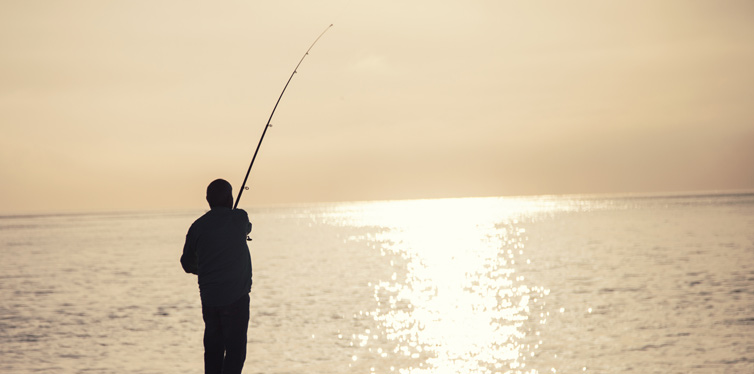
9. Be Willing To Teach
Just like having a mentor to guide you and show you the ropes, you should be open and willing to teach too. You might be quite surprised to discover how much you have learned along the way and at the same time, novices can potentially “teach old dogs new tricks”. Sometimes, when you have become good at something, then you get stuck in your ways and you forget that although you are great at what you do, that there is still room to progress.
Sharing your skills with others gives you time to revise what you have learned and perhaps brush up on skills that might have fallen to the wayside.
10. Try New Things
Fishing tackle and techniques are constantly evolving, and the best anglers are ones who keep up with these changes. Never let yourself get stuck in a rut where you refuse to give new lures a try, where you avoid better ways to rig a bait or tie a leader or dismiss new techniques.
Keep an open mind and be receptive to new ideas. Embrace new developments or at the very least, try them out before you disregard them altogether.
Source:
- 10 Steps to Becoming A Good Angler – Carpology


